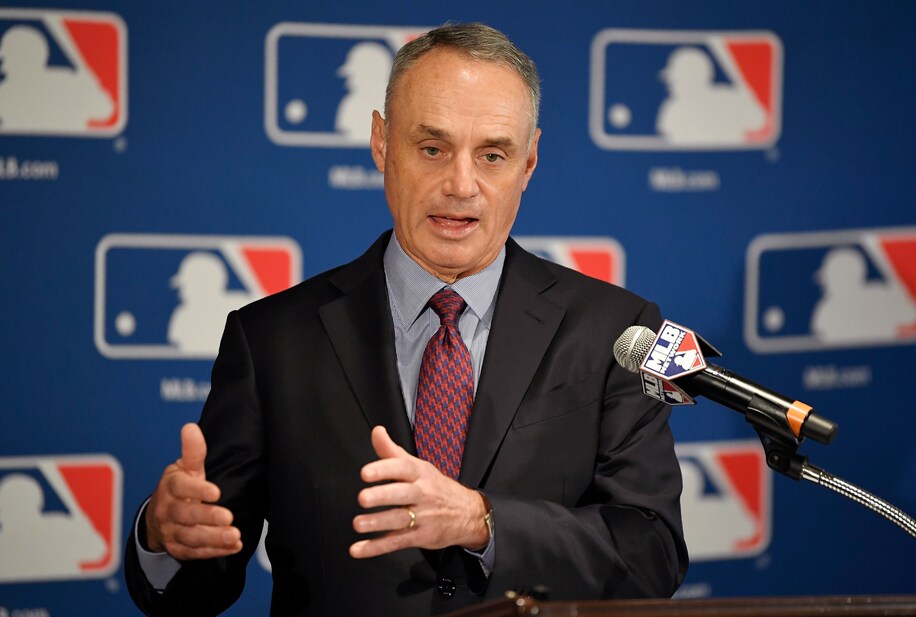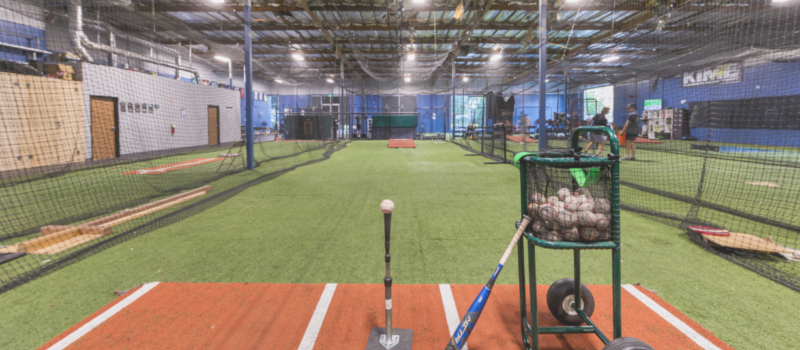Severino"s Struggles Highlight Infrastructural Failures
Athletics pitcher Luis Severino has openly criticized Sutter Health Ballpark, likening his experience to that of a spring training game. His remarks are not just about personal discomfort; they expose the broader systemic issues within Major League Baseball that prioritize corporate interests over player welfare and fan experience. Severino"s performance at home has plummeted with an abysmal 0-7 record and a 6.79 ERA, while he shines on the road with a 2.27 ERA. This stark contrast is rooted in the inadequacies of a retrofitted minor-league stadium that is ill-equipped for the demands of professional baseball.
Players Deserve Better Conditions
The complaints from Severino resonate deeply with many in the league. He points to the lack of air conditioning and smaller crowds as significant drawbacks to pitching in a stadium that feels far from a major league venue. The reality is that players should not have to fight against environmental and infrastructural challenges while trying to perform at the highest level. This situation raises serious questions about the treatment of athletes—especially when their health and performance are at stake. The absence of essential amenities, such as air conditioning, not only affects players physically but also mentally, impacting their ability to perform under pressure.

MLB changes the "disabled list" to the "injured list" after lobbying ...
Minor-League Stadiums Are Not Major-League Solutions
The move to Sacramento has been framed as a temporary solution, but it highlights a disturbing trend in MLB where teams are cutting costs at the expense of athletes. According to reports, the A"s are planning to transition to Las Vegas, yet they have left their players to contend with a subpar environment. Severino"s frustrations extend beyond personal discomfort; they speak to a wider issue of neglect that MLB shows towards its players" needs. When the A"s clubhouse is situated in left field, far from the action, it disrupts players" routines, compounding the already intense pressure of professional sports.
Consequences of Neglecting Player Welfare
The implications of such conditions are significant. Severino"s poor performance at home is not just a personal issue; it reflects a systemic failure that could lead to long-term repercussions for the league. According to analysis, the A"s currently hold the second-worst home ERA in baseball. This raises alarms about how these conditions could affect the team"s overall performance, fan engagement, and ultimately revenue. Fans deserve a competitive team, and players deserve a fighting chance—neither of which can be achieved under such dire circumstances.

Nike Baseball Camp at Sacramento Sports Center (Summer 2025) | NIKE ...
MLB Must Prioritize Player Health and Safety
The broader implications of Severino"s complaints cannot be ignored as the league navigates its future. As MLB Commissioner Rob Manfred promotes a new stadium in Las Vegas, it is essential to consider the voices of players like Severino who are directly affected by these decisions. The current state of affairs raises urgent questions about player health, safety, and the overall integrity of the game. The A"s decision to retrofit a minor-league stadium into a major league home is a misguided approach that shows a lack of commitment to providing athletes with the conditions they need to succeed.
As Severino prepares to pitch again in Yankee Stadium, he carries not just the weight of his performance but the collective frustration of his teammates and many other players across the league. It is time for MLB to listen and take actionable steps to ensure that players are not just seen as commodities but as individuals deserving of respect and proper conditions to thrive.







![[Video] Gunfire between Iraqi security forces and Sadr militias in Baghdad](/_next/image?url=%2Fapi%2Fimage%2Fthumbnails%2Fthumbnail-1768343508874-4redb-thumbnail.jpg&w=3840&q=75)
